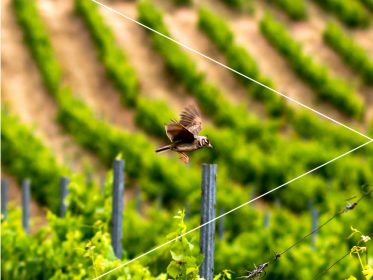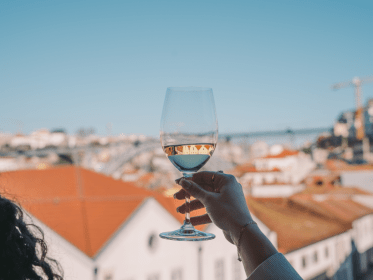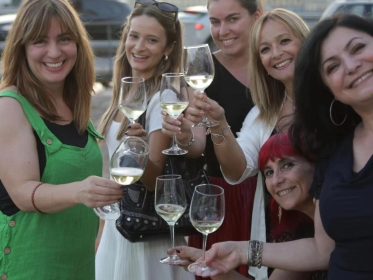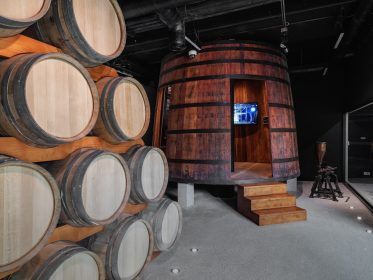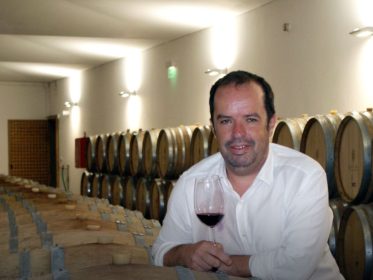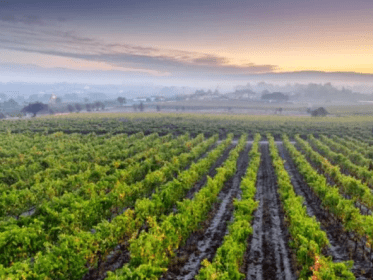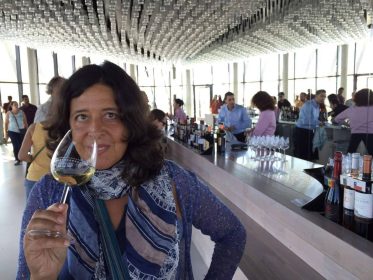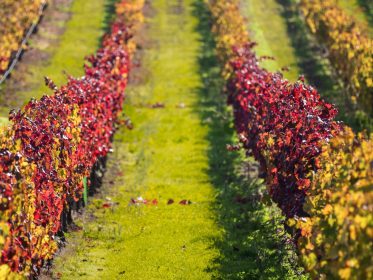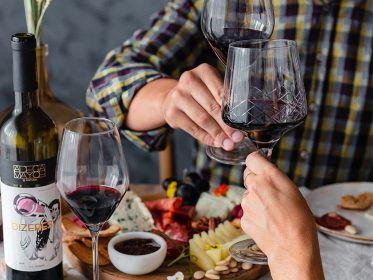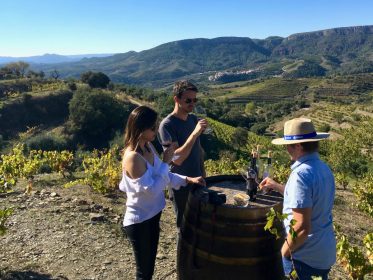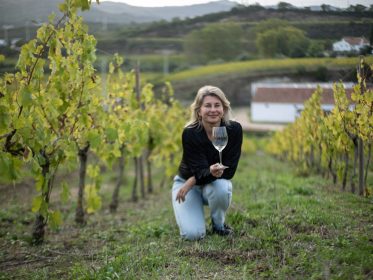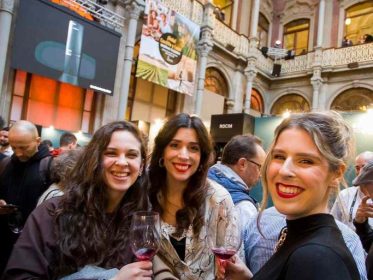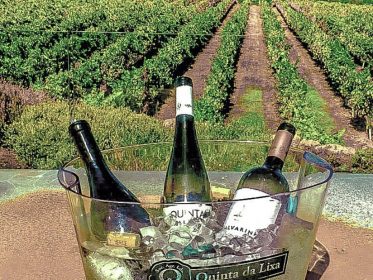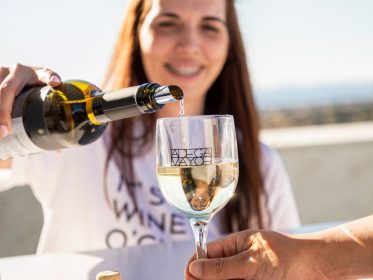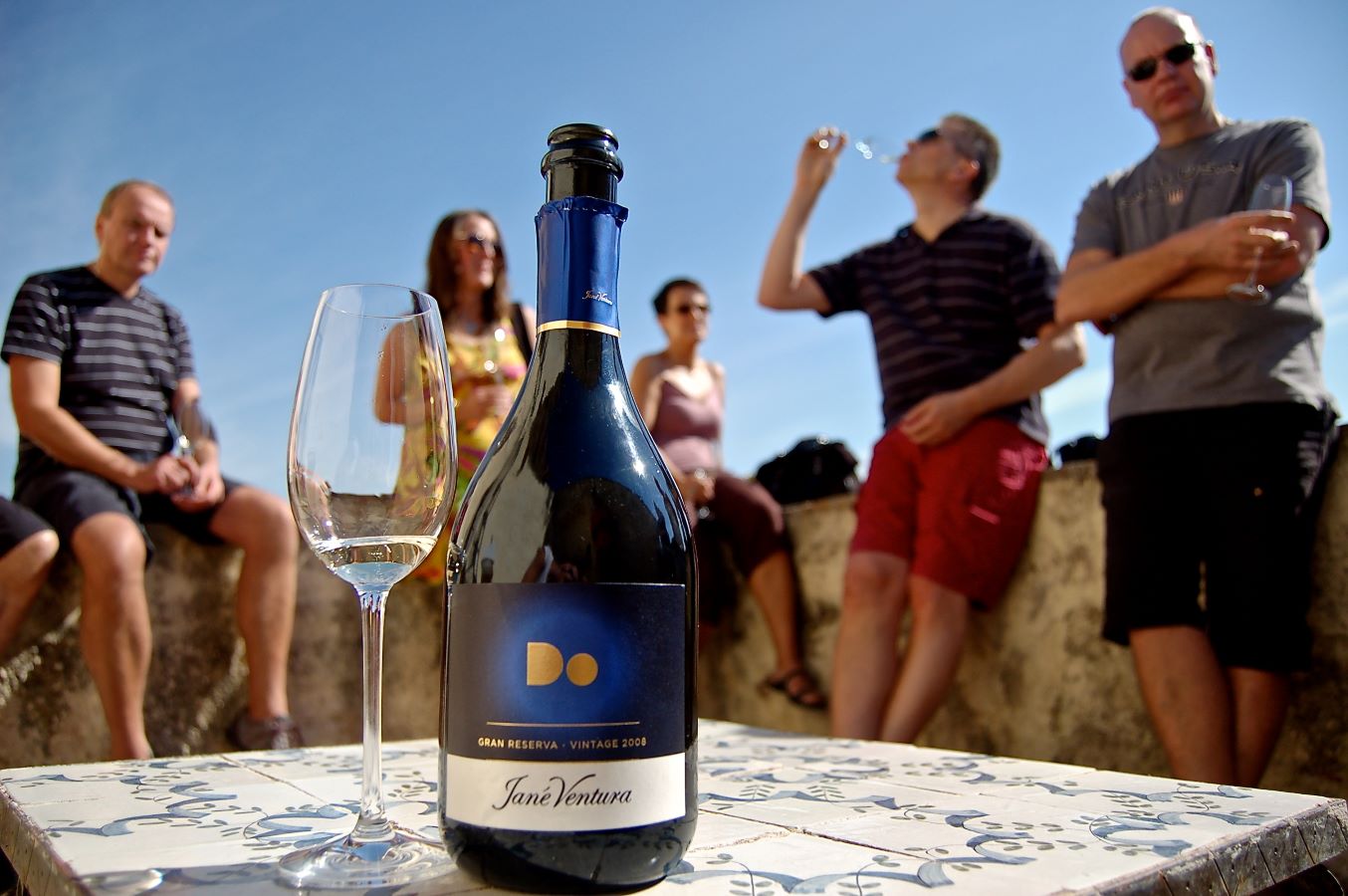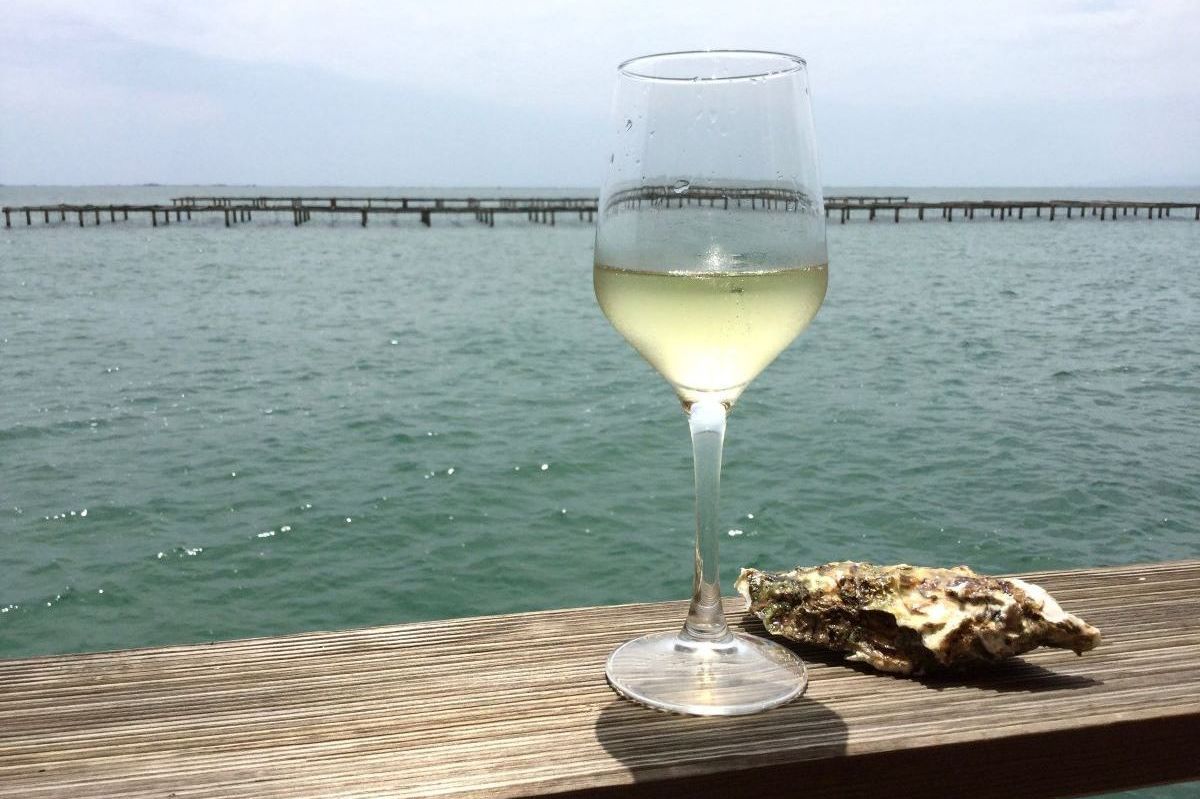The Iberian Wine Experience – A Tale of Two Nations
Few regions in the world have left as profound a mark on the global wine scene as Spain and Portugal. Their winemaking traditions stretch back millennia, rooted in the cultural imprints of past civilizations, yet they continue to evolve, responding to contemporary tastes with dynamism and innovation.
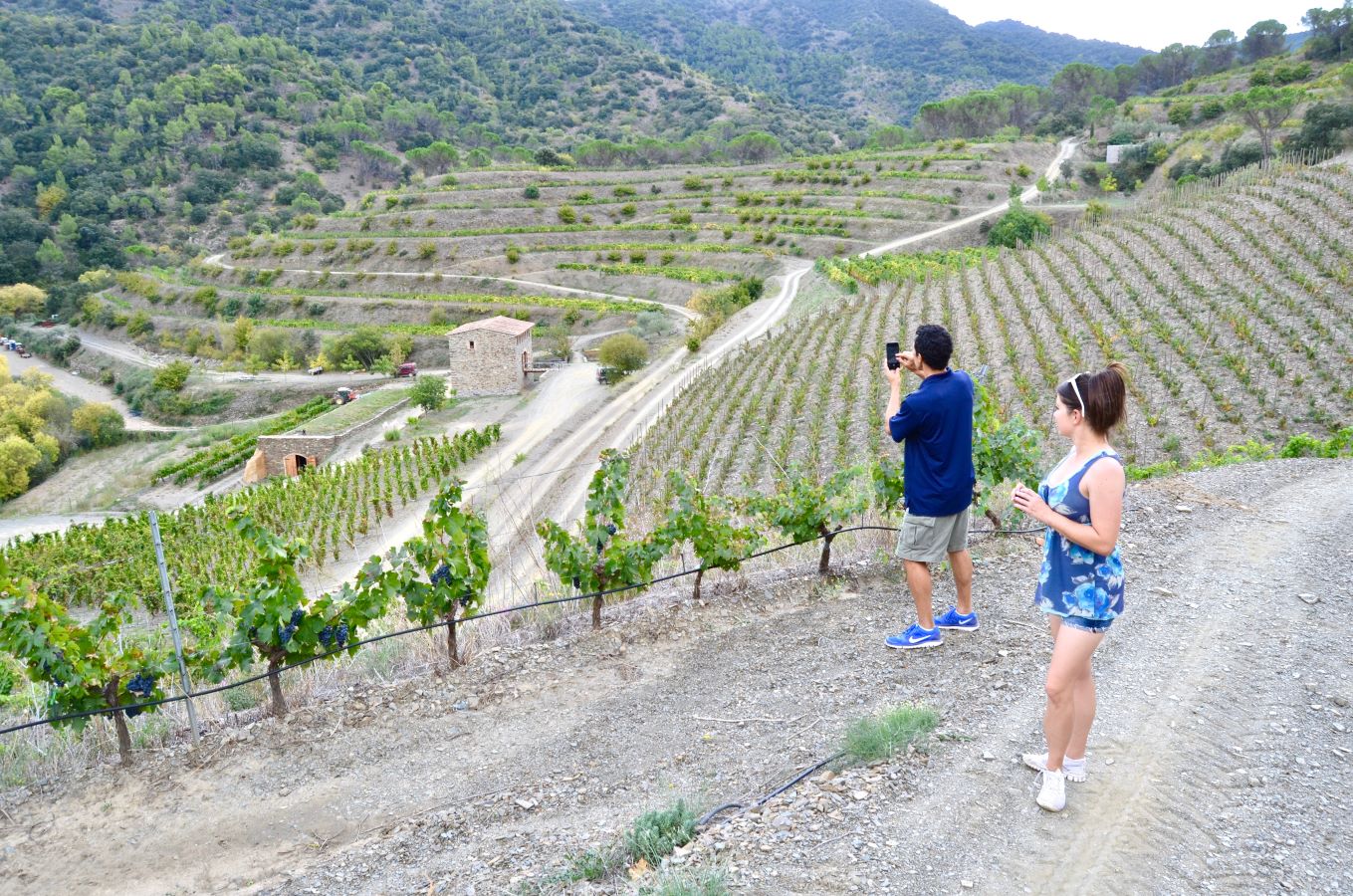
The origins of viticulture in both nations can be traced to the expansion of the Roman Empire, whose legions not only conquered lands but also spread the art of vine cultivation. These historical milestones shaped the landscapes and traditions of the Iberian Peninsula, where winemaking became an essential part of daily life, religious rites, and economic trade.
Yet history also tested the resilience of these wine-producing nations. Spain and Portugal endured long decades under dictatorial regimes – Franco in Spain and Salazar in Portugal – each of which left an indelible mark on their cultural and agricultural landscapes. The end of these eras ushered in a renaissance, a period of newfound creativity and open-mindedness. Economic liberalization breathed fresh life into the wine industry, allowing both countries to modernize, experiment, and reclaim their place on the world stage.
A crucial factor in this resurgence was the influence of younger generations who, with the opportunity to travel and study abroad, returned home with fresh perspectives. They recognized the depth of their own traditions and understood how to present their authenticity to the world. In many ways, this was a turning point – where heritage met innovation, and where the once-insular wine industries of Spain and Portugal embraced a global audience.

Spain’s emergence onto the international wine scene came slightly ahead of Portugal’s. By the late 20th century, Spain was experiencing an explosion of global recognition. Classic wine regions such as Rioja, Jerez, and Penedès had already secured their places in the wine history, while new projects and appellations flourished, captivating the palates of international enthusiasts. For nearly three decades, Spain’s wineries rode the wave of global fascination, establishing themselves as a powerhouse in the wine world.
Portugal, however, was not far behind. If Spain’s ascent was swift, Portugal’s was steady and deeply rooted. Its winemaking heritage, stretching back centuries, remains one of the most diverse and fascinating in the world. This is a country that has preserved an astonishing array of indigenous grape varieties – over 250, more than almost any other wine-producing nation. Portuguese wines consistently garner prestigious awards, proving time and again that their quality rivals the best in the world. What Portugal offers is an unparalleled depth of tradition, complemented by a modern sensibility that makes its wines both unique and increasingly sought after.
A Land of Culinary Traditions and Wine Diversity
Despite its relatively small size, Portugal is a land of extraordinary contrasts. Its landscapes range from the misty, emerald hills of Minho, home to Vinho Verde’s refreshing whites, to the sunbaked plains of the Alentejo, where powerful reds flourish under the Iberian sun. Each region carries its own distinct culinary and viticultural identity, shaped by history, climate, and geography.
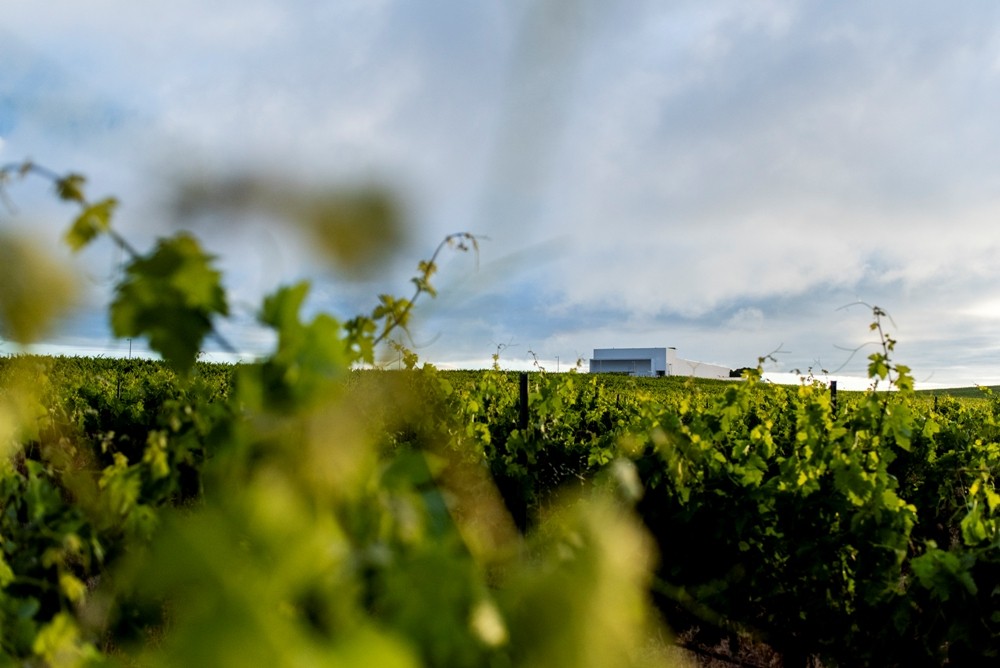
The Portuguese table is a celebration of flavors: the briny freshness of Atlantic seafood, the rich succulence of slow-roasted meats, the indulgence of convent-inspired pastries. And at the heart of every meal is wine – not just as an accompaniment but as an expression of the land itself. From the mineral-laden whites of coastal Lisbon to the structured, age-worthy reds of the Douro Valley, Portuguese wines tell the story of their terroir with every sip.
Wine Tourism: A Journey Through Portugal’s Vineyards and Traditions
Wine tourism has become an integral part of Portugal’s identity, weaving together history, culture, and gastronomy into an immersive experience. Across the country’s 14 demarcated wine regions—Trás-os-Montes, Douro, Távora-Varosa, Dão, Bairrada, Beira Interior, Lisbon, Tejo, Setúbal Peninsula, Alentejo, Algarve, Madeira, and the Azores – travelers find not just exceptional wines, but landscapes and traditions that define Portuguese heritage.
In the Douro Valley, visitors can follow the meandering river through ancient terraced vineyards, stepping into historic quintas where Port wine has been crafted for centuries. In Alentejo, wine lovers can ride horseback through sun-drenched estates, discovering the depth of regional reds alongside farm-to-table delicacies. The volcanic soils of the Azores present an entirely different viticultural adventure, where vines cling to black basalt enclosures, shaped by the relentless Atlantic winds.
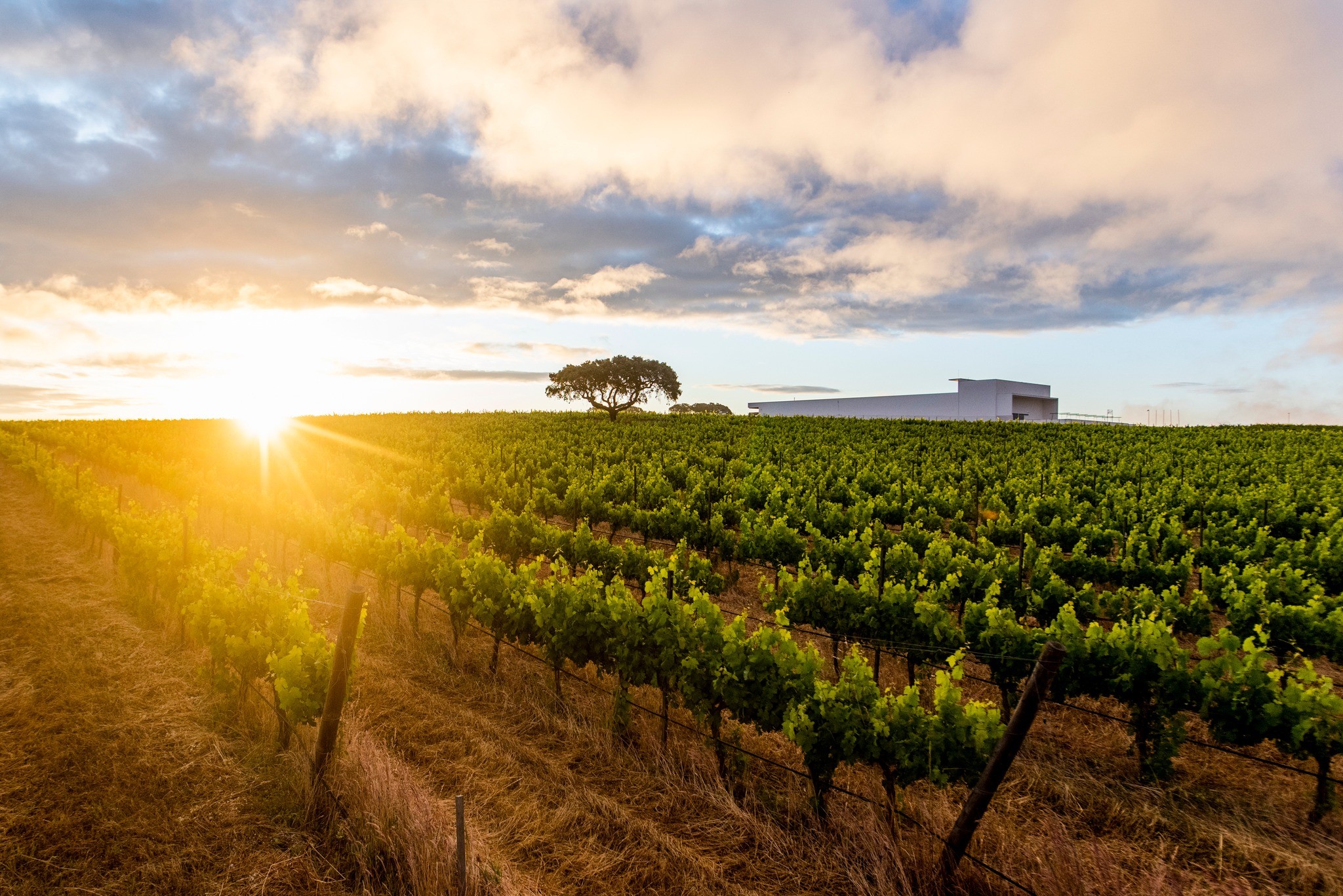
More than just a driver of tourism, Portugal’s wine industry plays a vital role in sustaining regional economies, preserving cultural traditions, and promoting sustainable development. With wine tourism now recognized as a strategic asset, Portugal has firmly positioned itself as a premier destination for those who seek not just to taste wine, but to experience its history, craftsmanship, and soul.
This year, the spotlight shines on Portuguese and Spanish nominees in the Wine Travel Awards, a testament to the growing recognition of these nations’ contributions to global wine culture. These nominees represent not only excellence but also the passion and dedication of those who continue to shape the Iberian wine landscape.
Support These Portuguese and Spanish WTA 2024-2025 Nominees:
Portugal:
- World of Wine (WOW) – Education in Enotourism – Cultural Mission
- The Wine School. World of Wine (WOW) – Education in Enotourism – Unique Program
- Essência do Vinho – Enogastronomic Events – Magnet of the Region
- Adega Mayor – The Visiting Card of the Country – Art & History Object
- ML-Private Tours Wine Experiences – Wine Guide – Travel Operator of the Year
- Miguel Leal – Wine Guide – Top Guide
- Olena Cherkashyna – Wine Guide – Top Guide
- Micaela Fonseca – Ambassador – Ambassador of the Year
- Teresa Colaço do Rosário – Wine & Food Influencer – Expert Opinion
Spain:
- Vivanco Museum – Education in Enotourism – Cultural Mission
- The Wine Tourism School of Catalonia – Education in Enotourism – Unique Program
- Dry Martini by Javier de las Muelas, The Bar, Madrid – The Visiting Card of the Country – Art & History Object
- SweetEasy Wine Tours – Wine Guide – Travel Operator of the Year
By casting your vote, you support not only world-renowned organizations but also the small businesses and passionate individuals who are dedicated to elevating wine tourism in the Iberian Peninsula. Their efforts ensure that Spain and Portugal continue to shine as global leaders in wine and enotourism.
So raise a glass – to history, to tradition, and to the vibrant future of Iberian wine.
¡Feliz viaje por los sabores de España!
Feliz viagem pelos sabores de Portugal!
Stay connected with Wine Travel Awards:
- Facebook: https://www.facebook.com/WineTravelAwards/
- Instagram: https://www.instagram.com/winetravelawards
- LinkedIn: https://www.linkedin.com/company/winetravelawards/
